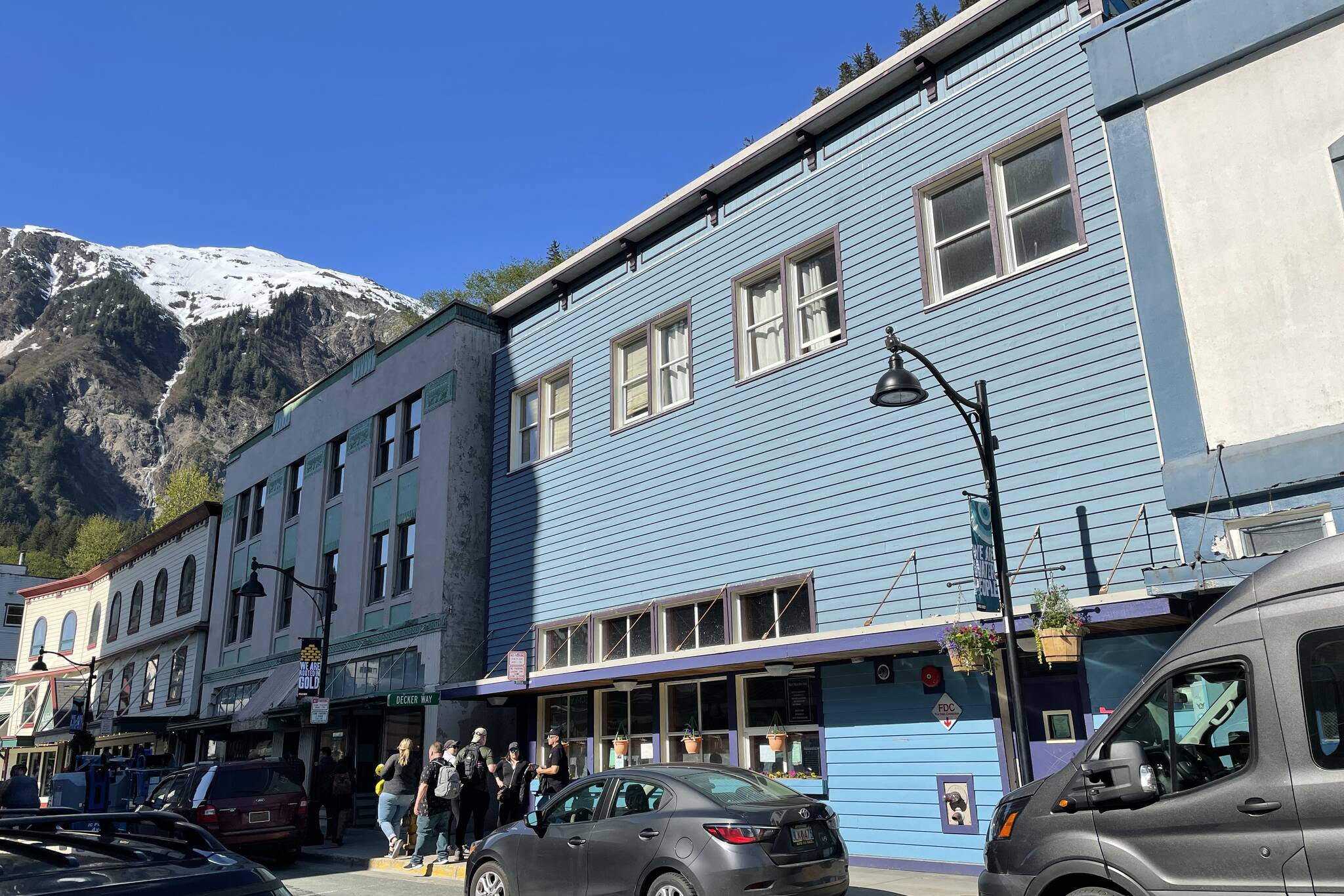The Glory Hall, like the clients it serves, is getting a much-hoped-for second chance as the Juneau Planning Commission is ordering the city’s Community Development Department to reconsider its rejection of allowing the Glory Hall’s former homeless shelter building downtown to be converted into seven low-income housing units.
The Planning Commission also issued directives that the Glory Hall’s executive director and attorney say means the project should be approved – although the difficulties in getting to that point means construction likely won’t start until winter and the costs will likely be significantly higher due to factors such as inflation.
“We are moving forward with securing all the necessary funding for this project assuming we are going to have a building permit,” Executive Director Mariya Lovishchuk said Thursday.
Mary Alice McKeen, who is representing the Glory Hall pro bono, said she’s not certain of the next official step with the Community Development Department until a written order from Tuesday’s Planning Commission meeting is issued, likely within days. But she said the reasons the department denied a building permit now appear to be moot and there are no known legal issues beyond obtaining the permit itself before renovating the former homeless shelter can begin.
The key issue in the denial was a finding by community development officials the renovation would violate regulations by increasing density in an avalanche hazard zone. The planning commission essentially set that aside by directing the development department to accept a 1987 engineering study provided by the Glory Hall the building is not in a severe hazard zone.
Also, community development officials interpreted density in terms of the number of housing units the renovation would have, while the Glory Hall argued – and the commission agreed, noting a lack of specificity in the relevant city code – the number of occupants should determine density.
City Planning Manager Scott Ciambor said Thursday the city can’t comment on the process since it is still technically being appealed.
But while Glory Hall officials are hopeful of prevailing, Lovishchuk said the delays means future difficulties are still ahead. Beyond raising the additional $750,000 still necessary for proceeding, which she is hopeful can be obtained from sources such as the Alaska Mental Health Trust Authority, she said the delay and extra construction costs will negatively impact the project going forward.
“We could have had seven apartments done by now,” she said.
Also, Lovishchuk said it’s unlikely the Glory Hall could have pursued its successful challenge without an attorney providing services free of charge, since the work to-date probably would have cost up to $80,000. She said given the shortage of affordable housing and the fact others may be unable to pursue appeals when similarly denied suggests flaws in the process.
“We’re not the only projet that’s trying to develop housing. We’re the only ones who were lucky.”
• Contact reporter Mark Sabbatini at mark.sabbatini@juneauempire.com.

